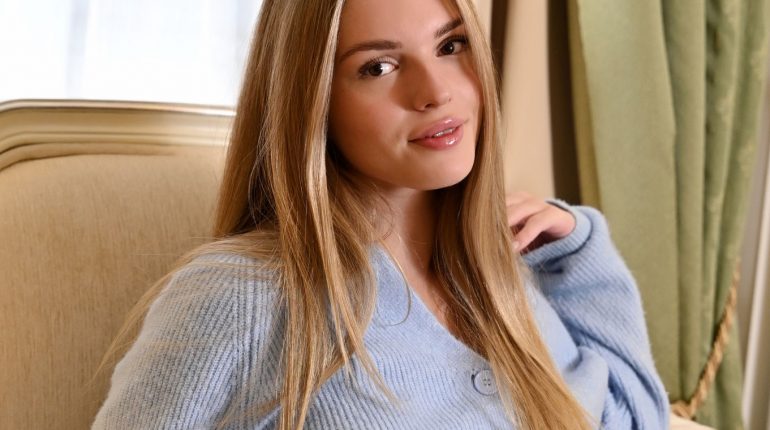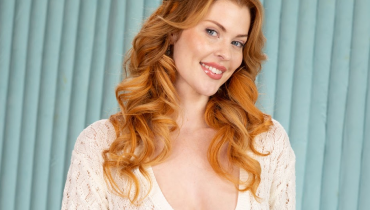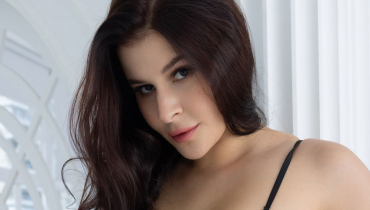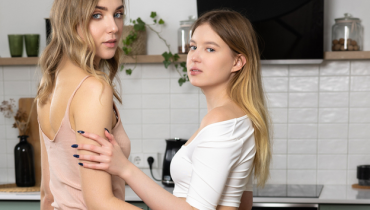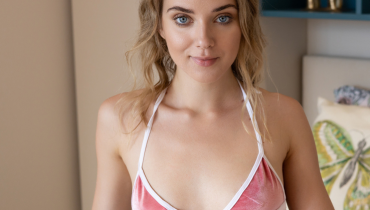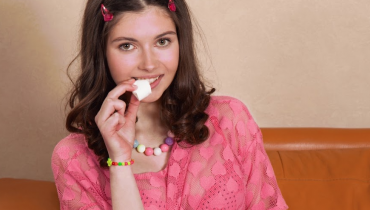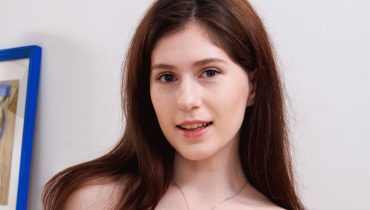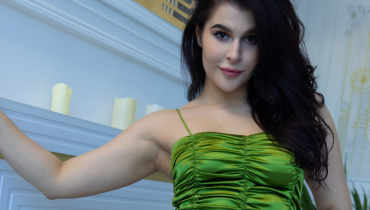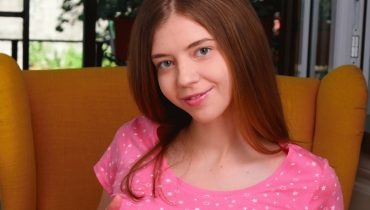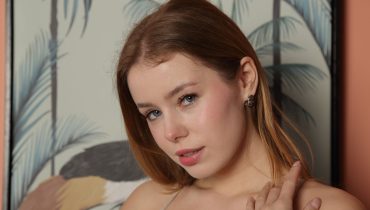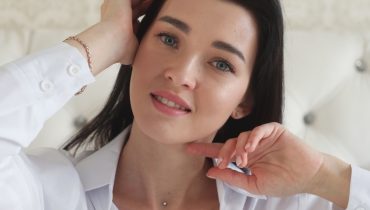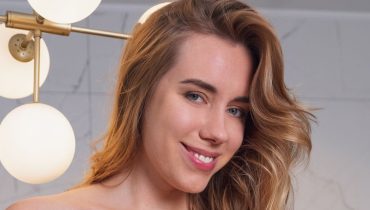For most of her twenties, Ella Hughes believed she was “just a night owl.” She worked late into the night, lived on caffeine, and bragged about surviving on five hours of sleep. “I used to think sleep was for people who didn’t have ambition,” she admits.
But after years of exhaustion, irritability, and constant brain fog, she hit a wall. “My body started to rebel. I’d wake up tired, forget appointments, and feel anxious all the time.” NatureWise Vitamin D3 5000iu (125 mcg) 1 Year Supply for Immune Support, Healthy Muscle Function, and Bone Health – Non-GMO, Gluten Free in Organic Extra Virgin Olive Oil, (Mini Softgel), 360 Count
Everything changed the day she downloaded her first sleep tracking app. “At first, I just wanted data,” Ella laughs. “But what I got was awareness — and that changed everything.” Today, she’s one of the growing number of Americans using sleep tracking apps for healthy habits, blending technology and mindfulness to build better rest routines.
The Wake-Up Call: When Exhaustion Becomes a Lifestyle
Ella’s story mirrors millions of adults facing what sleep experts call “revenge bedtime procrastination” — staying up late to reclaim personal time after long workdays. “I’d scroll through my phone until 2 a.m.,” she says. “I didn’t realize how much I was sabotaging my health.” According to the Sleep Foundation, adults need between 7–9 hours of sleep per night for optimal function. Yet, surveys by the Centers for Disease Control and Prevention (CDC) show that over one-third of Americans regularly get less than that.
“I didn’t realize how sleep-deprived I was until I saw the numbers,” Ella recalls. Her first week using a sleep app shocked her: her average sleep was 5 hours and 12 minutes. “It was like stepping on a scale after years of denial,” she says. “You can’t improve what you don’t measure.”
Understanding the Technology: How Sleep Tracking Apps Work
Modern sleep tracking apps use sensors from your phone, smartwatch, or wearable device to analyze movement, heart rate, and breathing patterns. These metrics create detailed “sleep graphs” that show light, deep, and REM stages. Some apps even record snoring, body temperature, and oxygen saturation. “It’s like having a mini sleep lab in your pocket,” Ella explains.
Her first app, Sleep Cycle, used sound analysis to detect movement. Later, she upgraded to the Oura Ring and Fitbit Sense, which provided advanced biometrics. “I learned that I wasn’t just sleeping less — I was sleeping poorly,” she says. “Even when I was in bed for eight hours, my deep sleep time was barely an hour.”
Dr. Melissa Grant, a neurologist at the Mayo Clinic, explains: “Deep sleep is when your body repairs tissue and strengthens your immune system. REM sleep supports learning and emotional processing. Sleep tracking apps make these invisible cycles visible — that’s their real power.”
From Data to Discipline: Building Healthy Sleep Habits
Once Ella had the data, the next step was behavior change. “I realized my bedtime wasn’t the problem — my habits were,” she says. The app’s analytics showed spikes in restlessness after caffeine, late-night social media, and alcohol. “I started experimenting,” she recalls. “I stopped checking emails after 9 p.m., switched to herbal tea, and dimmed my lights an hour before bed. The difference was dramatic.”
Within two weeks, her “sleep efficiency” score — the ratio of time asleep to time in bed — jumped from 73% to 90%. “It was addictive in the best way,” she says. “Seeing those green bars grow every morning felt like winning back my health.”
Her favorite feature was “smart alarm,” which wakes users during a light sleep stage instead of deep sleep. “I used to wake up groggy no matter how long I slept,” Ella says. “Now I wake up refreshed — it’s science, not luck.”
The Psychology of Tracking
Ella also discovered how data itself can drive accountability. “When I saw how one bad night affected my focus the next day, I started taking bedtime seriously,” she says. “It’s like seeing the cause and effect of your choices in real time.” This “feedback loop” is what makes sleep tracking apps for healthy habits so powerful. Studies from Harvard Health show that self-monitoring increases adherence to health goals by over 60%.
However, she also learned about the dark side of overtracking — a condition psychologists call “orthosomnia.” “I became obsessed for a while,” Ella admits. “If my app said I had poor sleep, I’d feel anxious all day.” Eventually, she learned balance. “Data should inform you, not define you,” she says. Now she checks her reports weekly instead of daily. “It’s about trends, not perfection.”
The Best Sleep Tracking Apps: What Worked for Ella
Ella tested over a dozen apps before finding the combination that truly worked. Here are her top choices, refined through months of trial and error:
- Oura Ring: “It’s the most accurate wearable I’ve used,” she says. It measures body temperature, heart rate variability, and movement to calculate a “readiness score.”
- Sleep Cycle: Best for beginners. Uses your phone’s microphone and accelerometer to monitor sleep without wearing anything.
- Fitbit Sense: Combines sleep data with stress management metrics. “It helped me connect emotional and physical health,” Ella notes.
- Pillow: For Apple users, Pillow syncs with Apple Watch data and gives detailed REM breakdowns with gentle wake-up alarms.
- Whoop: “This one’s for data geeks,” Ella laughs. “It tracks everything — sleep debt, recovery, strain — like a personal coach.”
According to the Sleep Foundation, these platforms consistently rank highest in accuracy and usability. But Ella emphasizes that “the best app is the one you actually use.” She recommends starting simple and focusing on consistency. “A fancy dashboard means nothing if you don’t take action on the insights.”
Linking Sleep, Mood, and Performance
As Ella improved her sleep, she noticed ripple effects across her life. “My creativity came back,” she says. “I stopped zoning out in meetings, and my anxiety dropped.” Science backs her up. The National Library of Medicine reports that adequate sleep increases cognitive performance by up to 20% and reduces stress hormone levels significantly.
Her app’s mood tracker revealed correlations she hadn’t noticed before. “Days I got less than six hours of sleep, I was twice as likely to report irritability,” she says. “It made me realize — sleep isn’t self-indulgence. It’s self-respect.”
Integrating Mindfulness and Technology
Over time, Ella began pairing her sleep tracking with mindfulness apps like Calm and Insight Timer. “I realized my problem wasn’t falling asleep — it was slowing my thoughts,” she says. By using guided meditations before bed, she lowered her heart rate and improved her deep sleep duration by 30%. “It was the perfect combination of science and serenity,” she smiles.
Experts agree. Dr. Karen Phillips from Cleveland Clinic recommends integrating breathing exercises, blue-light reduction, and mindfulness for the best results. “Sleep tech is only as effective as the lifestyle around it,” she says. Ella found this balance by setting a “digital sunset” — a rule to power down devices one hour before bed. “Ironically,” she laughs, “my sleep got better when I stopped staring at my sleep app.”
Lessons Learned: Building a Healthy Relationship with Rest
Today, Ella sleeps 7.5 hours per night on average and rarely experiences fatigue. But her transformation wasn’t just physical — it was philosophical. “I used to measure my worth by productivity,” she says. “Now I measure it by how peaceful I feel when I wake up.”
Her advice for anyone struggling with sleep is practical and compassionate:
- 1. Track, don’t obsess: “Your data should empower, not intimidate, you.”
- 2. Focus on patterns, not perfection: “Bad nights happen. The trend is what matters.”
- 3. Pair tracking with self-care: “No app replaces stretching, hydration, or quiet.”
- 4. Invest in rest: “Sleep is not wasted time. It’s recovery time.”
- 5. Be patient: “Changing your sleep cycle takes weeks, not days.”
When asked what surprised her most, Ella smiles. “That technology — the very thing keeping me awake — ended up being what helped me sleep.”
Conclusion: The Future of Sleep and Digital Wellness
The world of sleep tracking apps for healthy habits continues to evolve, blending artificial intelligence, biofeedback, and personalized coaching. New tools like Whoop and Oura now analyze circadian rhythms and environmental factors to optimize bedtime routines. “I think of my app as a conversation with my body,” Ella says. “It tells me what it needs — I just have to listen.”
Her journey is proof that health doesn’t come from willpower alone. It comes from awareness — and the willingness to rest. “There’s no badge for burnout,” she says. “But there is peace in knowing you’re giving your body what it deserves: real rest.”
